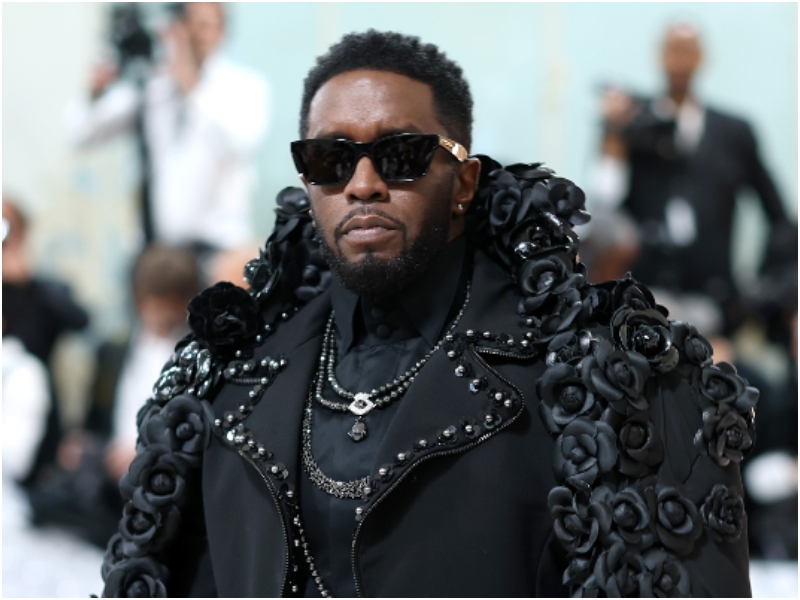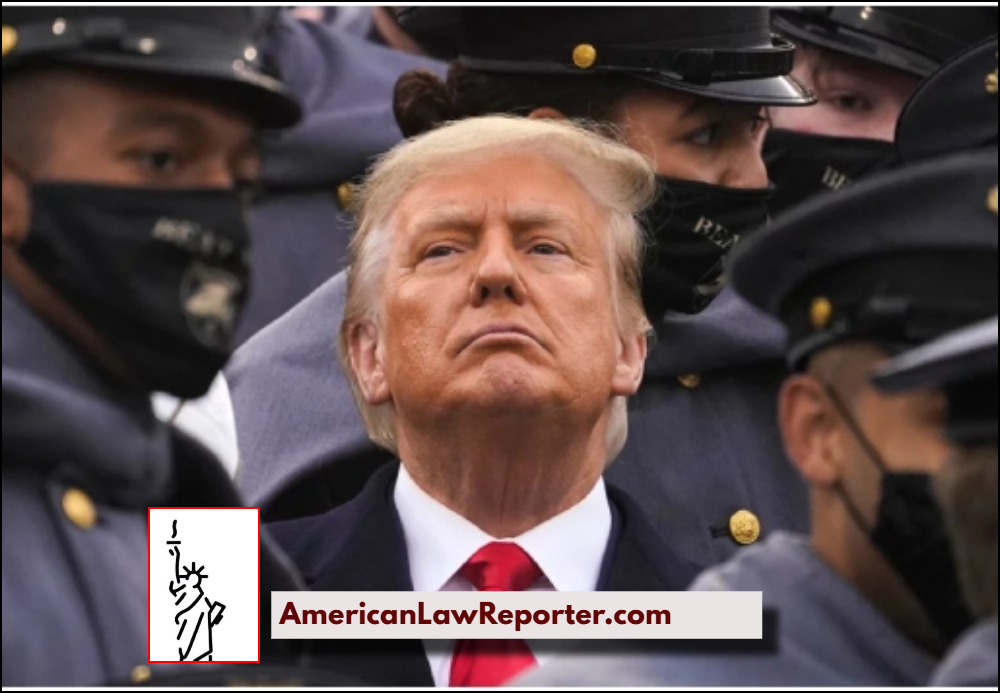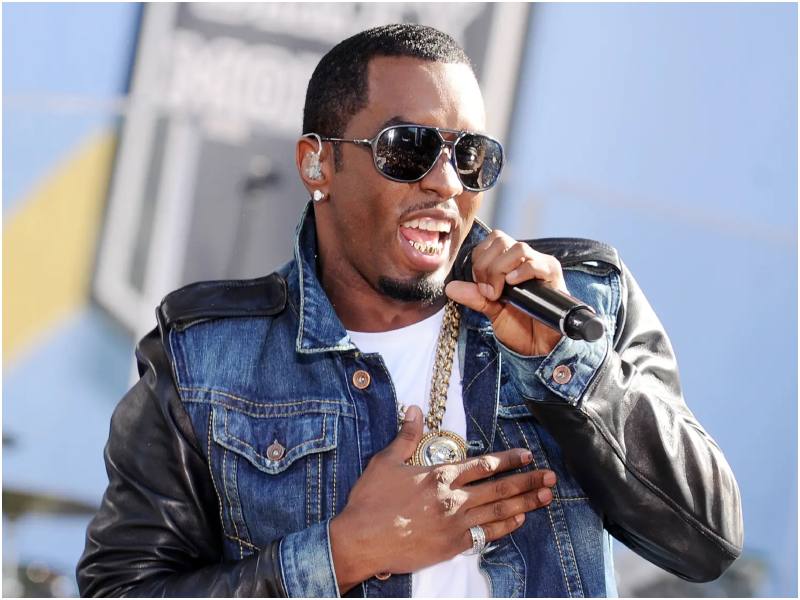In what could become one of the most controversial clemency moves in recent memory, former President Donald J. Trump is reportedly considering commuting Sean “Diddy” Combs’ 50-month prison sentence as early as this week, according to a senior White House official.
Combs — a hip-hop mogul and entrepreneur — was convicted on Mann Act-related charges involving the transport of individuals across state lines. His sentence of four years and two months marked a stunning fall from grace for one of the entertainment industry’s most powerful figures.
Now, Trump’s reported willingness to intervene raises not only legal and political questions but also a broader discussion about celebrity rehabilitation and the American appetite for comeback stories.

Legal Context: Clemency and Political Calculus
A presidential commutation does not erase a conviction but reduces the sentence, allowing a convicted individual to be released early. It is distinct from a full pardon, which wipes away the legal consequences of the crime entirely.
If Trump proceeds, it would echo his previous high-profile clemency actions, including those granted to Lil Wayne, Kodak Black, and political allies such as Roger Stone and Paul Manafort. The former president’s use of the pardon and commutation powers has often blurred the line between law, loyalty, and spectacle — reinforcing his pattern of wielding executive clemency as a tool of political narrative.
Legal analysts note that such a move could be strategically timed to appeal to segments of Trump’s support base, particularly younger voters and segments of the Black community, amid ongoing efforts to reframe his image as a populist champion of “second chances.”
Still, this decision could invite backlash from victims’ rights advocates and critics who argue that leniency for high-profile defendants undermines the principle of equal justice.
The Comeback Question: Can Diddy Rebuild His Legacy?
Should Diddy’s sentence be commuted, attention will quickly shift from the courtroom to the court of public opinion. Can he rebuild?
Experts point to several precedents where public figures — from Martha Stewart to Robert Downey Jr. — successfully navigated scandal and emerged stronger. Yet, in Diddy’s case, the nature of the charges and the intensity of media scrutiny make his path more complex.
Legal and brand strategists identify four critical obstacles to any post-prison comeback:
- Stigma and Brand Risk — Convictions tied to coercion or sexual misconduct are particularly damaging, leaving long-term scars on reputation. Many sponsors and platforms will initially distance themselves.
- Legal Constraints — Even after release, parole conditions may limit travel, business operations, or media participation.
- Fan and Industry Trust — Restoring credibility will require transparency, accountability, and time.
- Financial Strain — Ongoing legal costs, settlements, and lost revenue can destabilize once-powerful empires.
Case Studies in Reinvention
Snoop Dogg offers one model of recovery — transforming from a legally embattled artist into a respected cultural figure and media personality. His strategy relied on diversification, philanthropy, and consistent creative output.
By contrast, Donald Trump himself used legal adversity as political fuel — reframing prosecutions as persecution and building a base that sees legal defiance as strength. In Trump’s case, legal battles became part of his brand identity rather than a liability.
Meanwhile, Martha Stewart’s post-prison success illustrated the power of strategic restraint, focusing on controlled media reentry and partnership building — including her unexpected collaboration with Snoop Dogg.
Robert Downey Jr.’s redemption arc, meanwhile, remains the gold standard in Hollywood rehabilitation — achieved through disciplined craft, accountability, and consistent excellence.

What Diddy’s Legal Future Could Look Like
If Trump does commute Diddy’s sentence, the move will likely reignite debate about the intersection of celebrity, justice, and privilege.
From a legal standpoint, Diddy’s conviction would still stand. However, a commutation could open the door to rehabilitative legal narratives, including renewed petitions for pardon consideration or broader criminal justice reform advocacy.
From a cultural standpoint, any comeback would require a complete rebranding — one rooted not in power or nostalgia, but in humility and accountability.
As one entertainment attorney observed, “Rebuilding after a conviction like this isn’t just about media strategy — it’s about moral credibility. The public will demand a clear reckoning before they offer forgiveness.”
The Broader Implication
If Trump follows through, it would underscore his continuing use of clemency as a symbolic act of rebellion against conventional justice norms — and his ongoing willingness to reward notoriety with leniency.
For Diddy, the next chapter — whether behind bars or beyond them — will test whether America’s fascination with redemption can withstand the weight of moral controversy.

